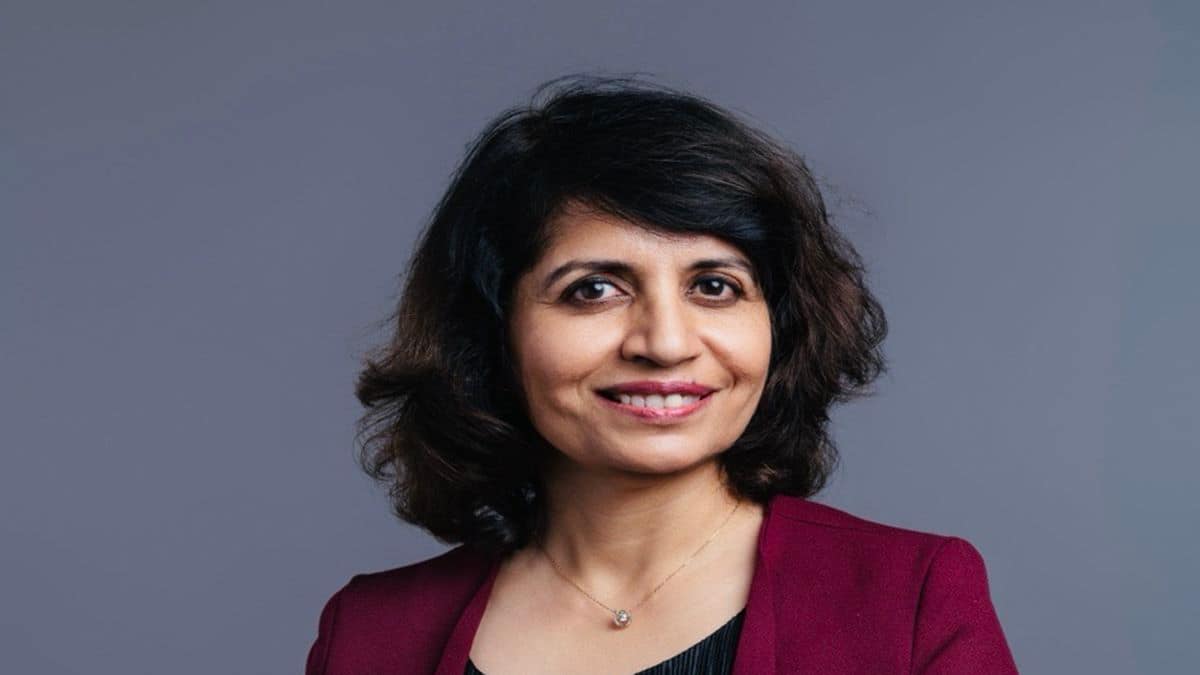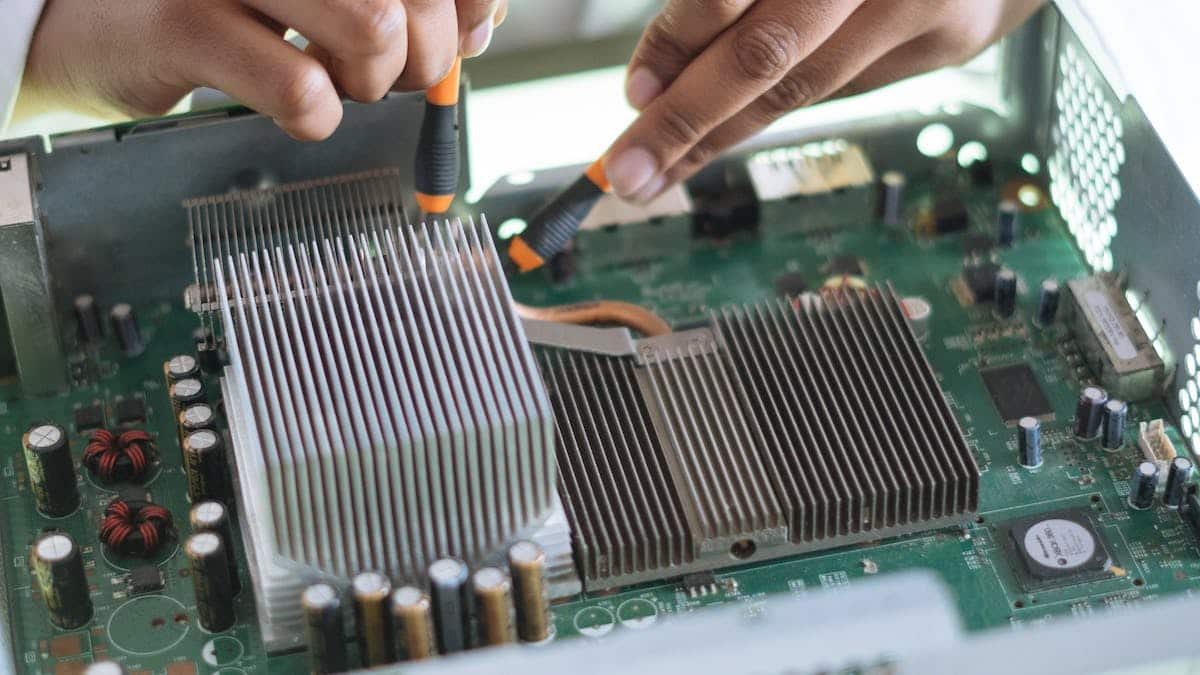We been working with both the Central, State govts to address radiotherapy infrastructure gap across India: Malti Sachdev, Sr Managing Director, Varian
Cancer is a major global public health problem. Doctors and public health experts often emphasise for nearly all cancers, the chances of survival increase significantly if the disease is detected, diagnosed, and treated at an early stage.
According to the World Health Organization (WHO), early diagnosis of cancer focuses on detecting symptomatic patients as early as possible so they have the best chance for successful treatment.
Varian, a Siemens Healthineers company, and a leading cancer care innovator, has been helping to advance radiotherapy, radiosurgery, and many other vital cancer-fighting tools for decades. In 2021, the company was acquired by Siemens Healthineers to build a comprehensive innovative cancer portfolio for India.
In an e-mail interaction with Financial Express.com, Malti Sachdeva, Senior Managing Director at Varian, spoke about building a roadmap for a robust cancer care infrastructure in India through PPP partnership and value-based procurement. She also highlighted various aspects of cancer care in India. Excerpts:
With increasing incidences, how has cancer care evolved in India? What more needs to be done?
With nearly 1.4 million new cancer cases, India stands as the third-highest country in cancer incidence, following China and the United States. Projections indicate a worrisome 57.5% increase in cancer cases from 2020 to 2040, underscoring the urgent need for advancements in cancer care. Despite these alarming statistics, the field of oncology in India has undergone a remarkable transformation, propelled by continuous developments in cancer research, the integration of modern technologies, and the evolution of therapeutic approaches. Surgical and radiotherapy techniques have been refined to enhance precision and reduce invasiveness. Supportive care measures have been enhanced, reducing the adverse effects associated with chemotherapy and improving the overall quality of life for cancer patients.
However, challenges persist due to the rising cancer burden. India needs a comprehensive and integrated approach to cancer control, including increased investment in healthcare infrastructure, expanded access to quality cancer care in rural and underserved areas, and a focus on preventive measures. Significant gaps remain. The World Health Organization (WHO) recommends one medical linear accelerator, a crucial radiotherapy equipment, per million population in developing countries. In stark contrast, India’s access to this vital medical device stands at 0.4 per million people. To address the evolving challenges posed by the escalating cancer burden we must bridge this conspicuous gap. Dedicated efforts should be made. This includes the government, private hospitals, and technology providers working together.
What has been the role of the Public-Private Partnership (PPP) in India’s cancer care space?
Public-Private Partnerships (PPPs) have played a significant role in expanding access to quality cancer care in India by leveraging the strengths of both the public and private sectors. PPPs are critical in mobilizing additional resources for cancer treatment infrastructure and technology. Varian has been working with both the Central and State governments to address the radiotherapy infrastructure gap across India. We have approached states to encourage them to set up radiation therapy centers in Government Hospitals under a PPP model. Under such an arrangement, the space and physical infrastructure are provided by the Government, while the radiation therapy equipment and the clinical services are provided by the private operator, treating patients at a mutually agreed price. It’s heartening to see today several State Governments are now in the process of adopting PPP models for creating radiation therapy capacity in public hospitals. In addition, we have also urged the Central Government to create a policy for the PPP model, to help scale up across different states.
What are the challenges that India is facing in cancer diagnosis and treatment segments? How can these challenges be tackled?
India faces a multitude of challenges in cancer diagnosis and treatment. The disparity in cancer care facilities between urban and rural areas results in late-stage diagnosis and delayed treatment for rural patients. The high cost of cancer treatment, even with government subsidies, poses a significant financial burden, particularly for those in rural areas. Additionally, there is a shortage of trained oncologists and other cancer specialists, leading to prolonged wait times and limited access to specialized care. A lack of adequate radiation therapy equipment also long-distance travel for treatment. Even though nearly 50-60% of cancer patients need radiotherapy 1 , a significant proportion of these patients do not finish treatment due to financial and logistical burdens caused by the lack of localfacilities.
To address these challenges effectively, India requires strategic measures. Expanding access to cancer care in rural areas through the establishment of new cancer centers and upgrades to existing facilities is crucial. Enhancing affordability involves expanding government subsidies and health insurance coverage to alleviate the financial strain on cancer patients. Increasing the number of medical schools and residency programs dedicated to oncology specialization can effectively address the shortage of trained oncologists and other cancer specialists. Equipping India with a broader network of radiation therapy facilities and expanding access to radiation therapy equipment is critical to ensuring timely and effective treatment for patients across the country.
What are Varian’s upcoming plans in the cancer segment of India?
As a combined company, Varian and Siemens Healthineers are working on a more expansive perspective of the patient’s journey than ever before to redefine cancer care through a fully integrated care pathway that seamlessly and efficiently addresses the entire patient journey for cancer – from early detection to diagnosis, therapy, and follow-up care. We aim to offer customers a robust and reliable partner throughout the entire cancer treatment journey, emphasizing exceptional service standards and a patient-focused approach. The combination with Siemens Healthineers enables us to address the rising demand for personalized, data-driven diagnostics and precision cancer care, combating the escalating rates of cancer effectively.
With an extensive portfolio spanning in-vitro diagnostics, top-tier imaging, therapy solutions, and post-treatment care, we cover the entire spectrum of cancer care. Our collective vision is to move closer to a world free from the fear of cancer, reflecting our commitment to advancing healthcare and making a significant impact in the fight against cancer.




